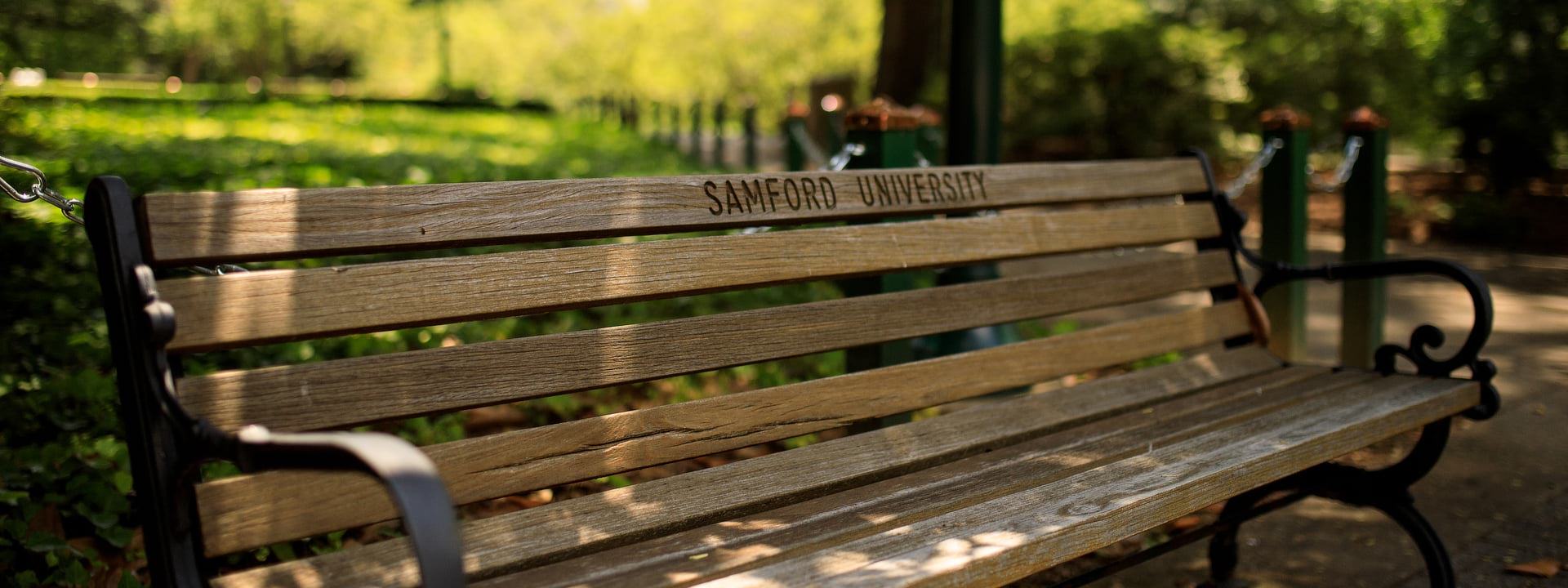404 Page Not Found
It looks like the page you requested moved, expired or never really existed, but no worries, let us know what you're looking for, and we'll try to find it.

This Page Doesn’t Exist
The page you requested moved, expired or possibly never existed. Please try finding the information by searching our site below.
Administration
Connect with Us
Employees
Quick Links
Cookie Preferences | Privacy Policy | Software Plugins
Microsoft Excel®
You will need Microsoft Excel® or compatible software like Open Office to read XLS, XLT, XLSX or XLTX files.
Microsoft Power Point®
You will need Microsoft Power Point® or compatible software like Open Office to read POT, POTX, PPS, PPSX, PPT or PPTX files.
Microsoft Word®
You will need Microsoft Word® or compatible software like Open Office to read DOC, DOT, DOCX or DOTX files.
Adobe Portable Document Format
You will need Adobe Acrobat Reader® or compatible software like SumatraPDF to read PDF files.
